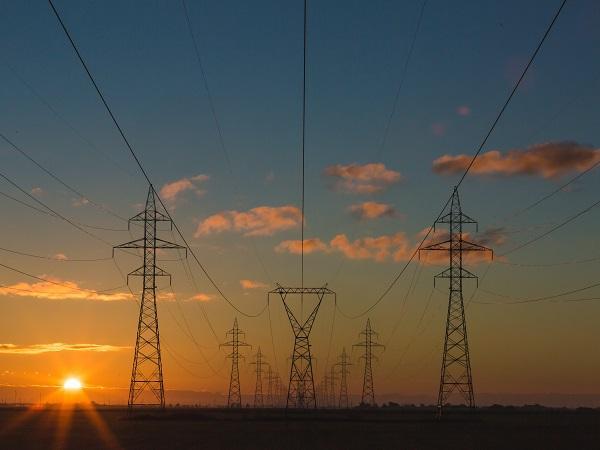
Date: 23 November 2022
Ahead of the Council meeting of energy ministers on 24 November, Glass Alliance Europe wishes to recall that, at its current level, i.e. TTF fluctuating between EUR 100 and 125 / MWh[1], the price of gas and subsequently that of electricity, are historically high and are seriously weakening Europe's economy, industry and Society as a whole.
Beyond the macro-economic and social impacts, such as inflation, reduced economic growth and growing energy poverty, these high energy prices drive glass production costs upwards and threaten the competitiveness and sometimes profitability of Europe's glass manufacturing and processing installations. The situation is such that major increases in imports of glass products from outside the EU are already witnessed alongside the suspension of production in some industrial sites and the postponing of much-needed industrial investments.
Today’s energy prices are an existential threat for the future of Europe’s glass industry. Since glass products are indispensable parts in many critical value chains such as the food, beverage, building and infrastructures, transport, pharmaceuticals, and renewable energy sectors, a weakening of the glass industry would seriously hamper the ability of Europe to achieve its climate neutrality objectives and its goals in terms of strategic autonomy and resilient value chains.
Commenting on the upcoming Council meeting of Energy Ministers, Bertrand Cazes, Secretary General of Glass Alliance Europe, declared ‘Addressing hypothetical future gas price spikes, as proposed by the European Commission with its market correction mechanism, is one thing, but the emergency shall be to design measures to curb today’s excessive energy costs.’
Glass Alliance Europe calls on the European Commission and Energy Ministers at the Council meeting on 24 November to focus their efforts on designing effective mechanisms and measures to curb today’s energy costs and provide predictability to Europe's industry.
[1] Dutch Front-month natural gas future, TTF, price range observed since mid-October 2022.
Background information
Glass Alliance Europe position paper on EU support measures for the glass sector in the face of the energy crisis: https://www.glassallianceeurope.eu/images/para/glass-alliance-europe-position-paper-on-energy-crisis-20221115_file.pdf
 600450
600450

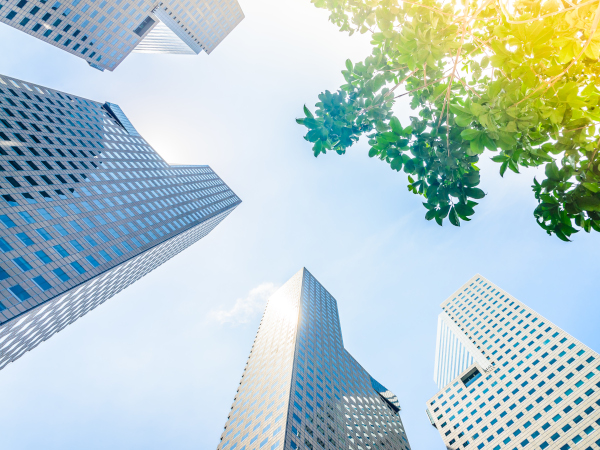
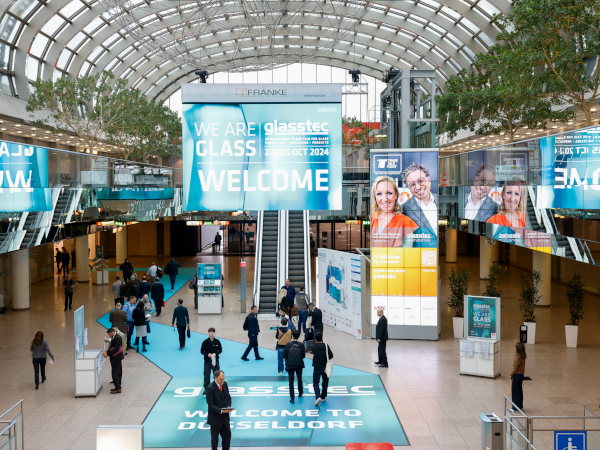
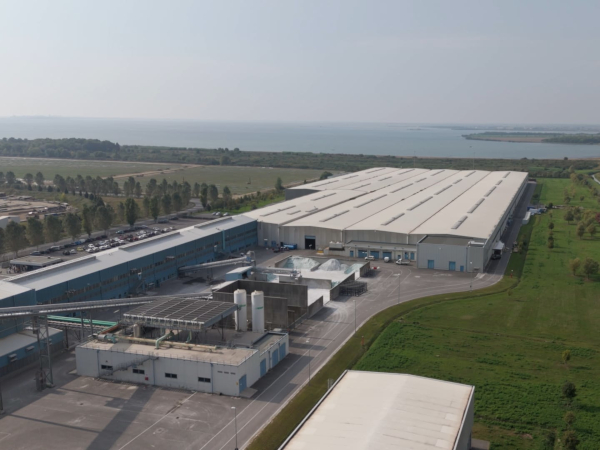
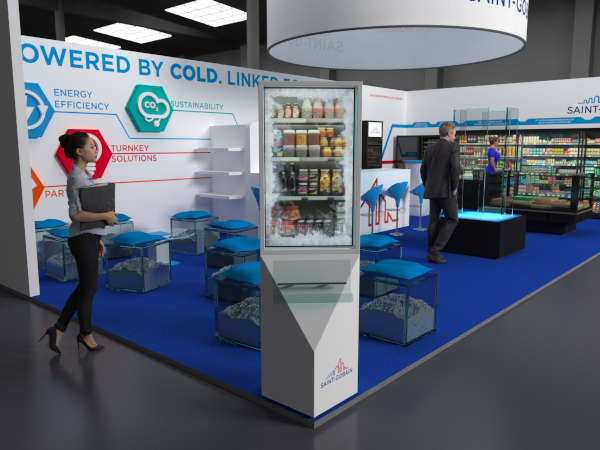
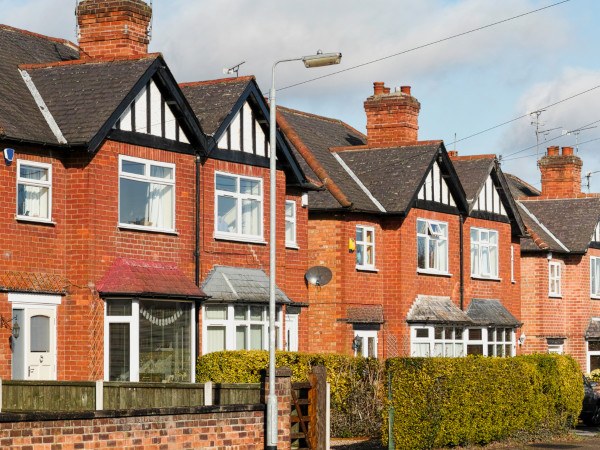
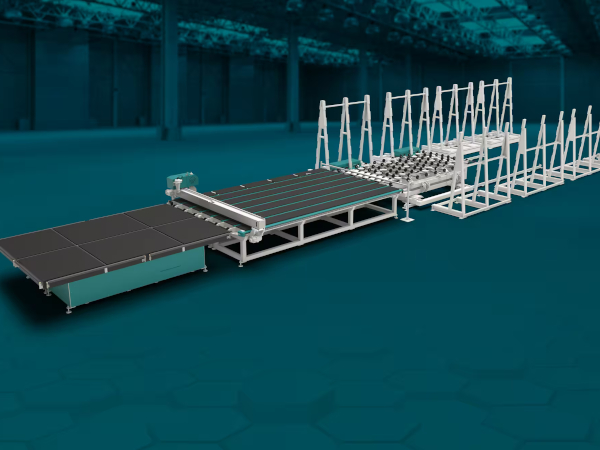








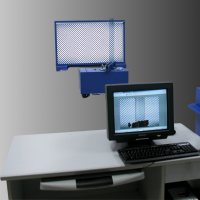
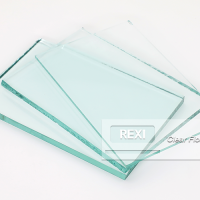
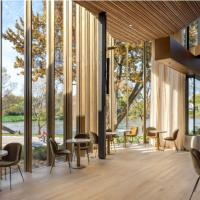

Add new comment